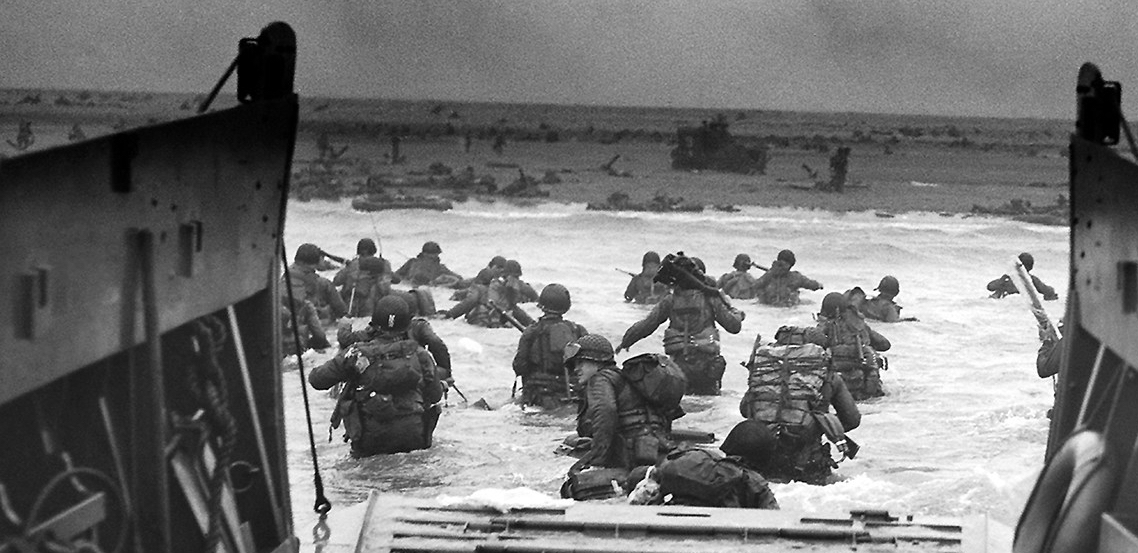
Most war histories include details of campaigns and battles, sometimes the names and deeds of heroes, casualty statistics, and so forth. It’s all important, and this information is the building block for telling a unit’s story. But a combat chronology is only one part of the Soldier’s experience of war.
As anyone who has served in war can tell you, life is tough at the sharp end of the spear. Also, you spend a good deal of time dealing with friction. Getting simple things done can be a real pain in the ass. Take the most simple tasks, multiply them by four, and you get an idea.
Let’s say you want to put on your sweater. If you’re on a vehicle, you first have to unstrap your rucksack from the bustle rack. Then you dig around until you find the sweater and close your rucksack. Finally, you have to restow your rucksack where it came from. With four or five Soldiers on a crew, no one leaves loose gear laying around in the track.

Take a look at the pictures of Charles Belford and my gunner Tom Holloway. Separated in time by 25 years, both Soldiers are doing the same thing. Charles is sitting in front of his hooch in Vietnam washing his dirty laundry. Tom’s getting ready to wash up and then clean his dirty clothes in Iraq after the ceasefire. The elements of both pictures are similar. But instead of a can for water like Charles had, Tom began by digging a hole, which he then lined with a poncho. Presto! Instant bucket.
For me as a historian, the two pictures share a timeless quality. Soldiers in every war have had to cope with the environment they faced. They learn how too make do, improvise, and figure out how to keep going. If it means scrounging a metal box, so be it. If there aren’t any boxes, use what you have and work it out.
Water in the desert was a huge deal for us. We always had enough for the basics, but there wasn’t much extra. And there was no such thing as laundry service, so we improvised with whatever was close at hand. You can see the shovel from our pioneer kit next to the hole. You know life has gotten down to basics when you’re digging a hole to wash in.
My mom wrote me once while we were in the desert asking how we did our laundry. I don’t remember my exact reply, but it went something like this:
Get a shovel. Dig a hole. Line the hole with your poncho. Pour in some water. Toss in a bar of soap. Swish your stuff around in the water. Wring out. Hang clothes on the side of the track and wait for them to dry. Put clothes back on.
Below is another picture that illustrates how basic life was in the desert. Jim Hamann was cooking for us that day. The .50 caliber ammunition can served as a pot, into which we dumped several MRE main courses, cheese, etc. Mixed together, it made a sort of grayish hobo stew. You can see that Jim was also cooking in his mess kit pan. We crumbled up a bunch of MRE crackers, added water and mixed some salt and pepper. If you did it right, this made a gluey dough thing that didn’t taste that bad. Let’s face it – none of us were picky eaters.

I know it sounds weird, but eating like this was kind of a treat. Usually, we didn’t have much time, so you scarfed down whatever was available. But when we set up in one spot for a few days, there was more time to wash, cook, pull maintenance, and straighten everything out on the tracks. It felt great to sit around the fire, talking and eating chow together. Those were the kind of moments that made life bearable.
Never forget,
Mark
